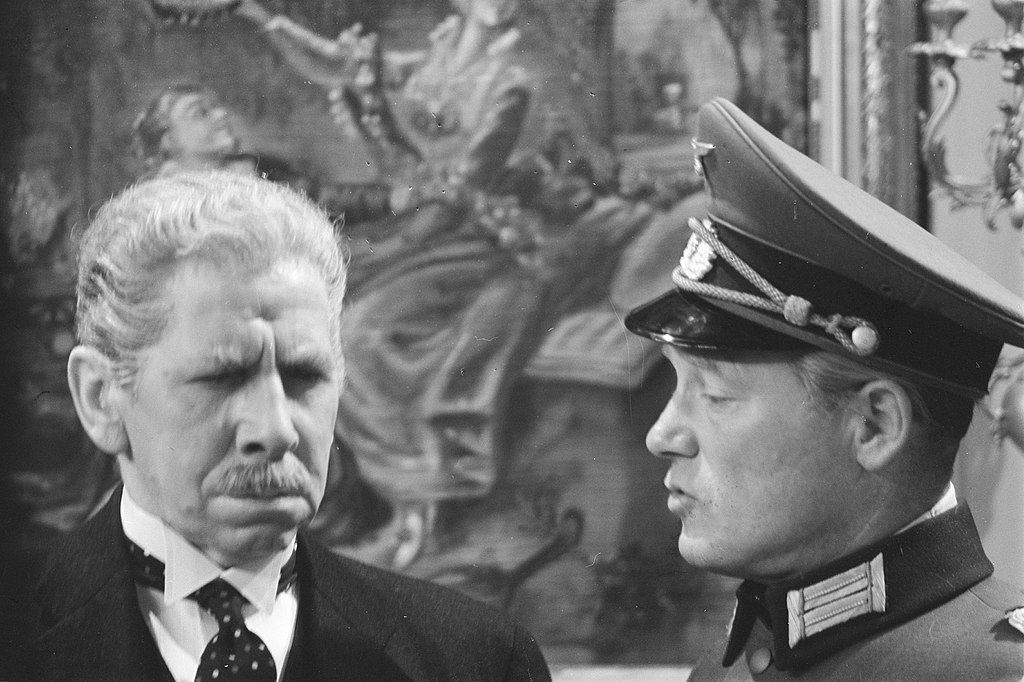Holiday Reading

Good morning. Thanksgiving is just around the corner, and I am sure that many of you are looking forward to the change of the pace that a holiday brings. I certainly am. (I’ll be taking three days off, so no Prufrock for the rest of the week.)
It is also prime book recommendation season. The Wall Street Journal published a packed book gift guide last weekend, which included several topical lists. The New York Times has its list of the ten best books of 2020. Dwight Garner recommends three books on quotation at Airmail. Hilary Mantel recommends three on the royals. And on it goes.
I have been reading a lot of Steinbeck lately. While his characters can often be too good or too bad (think Samuel Hamilton and Cathy Ames in East of Eden), he certainly had a gift for pacing, humor, and detail. He had a way of putting things that was just right. I read his short novel The Moon Is Down for the first time a few months ago. Published in 1942, it follows the fate of a small town in Northern Europe easily occupied by an invading army (likely German, though unidentified in the novel). It’s a wise book, becoming more serious as it progresses, but it’s the dry humor and light touch early on that get you. Recommended.
What minor novel would you recommend? Send me your suggestions (simply post them in the comment section below), and I’ll share them on Monday.
In other news: Thomas Sowell revisits Edward C. Banfield’s The Unheavenly City at 50: “Many, if not most, of the people discussing urban problems today have not yet caught up to what Banfield said half a century ago.”
American taverns and democracy: “Upon arriving at a Maryland tavern in 1744, Dr Alexander Hamilton (not to be confused with the more famous secretary of the treasury) found himself seated amid a ‘drunken club’ of lower-class men. He was revolted by the ‘Bacchanalians’ who were so intoxicated that ‘the only thing intelligible in [their conversation] was oaths and God damns’, and left the tavern only when they found ‘no more rum in play’. As an elite physician travelling North America’s eastern seaboard, Hamilton was not keen to mix with men of inferior social standing, especially when they were drunk. On the contrary, he hoped to control the masses from a safe distance: to ‘keep the great Leviathan of Civil Society under proper discipline and order … as that the frantic animal may not destroy itself.’ But when Hamilton complained to the tavernkeeper about the ‘disorderly fellows’, the publican could only reply: ‘Alas Sir! We that entertain travellers must strive to oblige everybody, for it is our daily bread.’”
George Steiner’s Judaism: “Steiner wrote extensively on Judaism, the Holocaust, Zionism, and the ‘Jewishness’ of the Jewish thinkers who blazed across the intellectual firmament of prewar Europe. Der Judenfrage, the concatenation of inescapable questions surrounding Jewish origins, identity, and survival, was one of his chief concerns. But what was the nature and quality of Steiner’s Jewish writings?”
Henry Adams, the last American aristocrat: “Adams lovingly indulged in the monastic practice of browsing the accumulated clutter of books and bric-à-brac, coin collections and memorials lodged in the Old House’s grandly shabby study. These frail and yellowing artifacts filled the boy with a sense of destiny, connecting family history with the pivotal history of the Atlantic World during the Age of Revolutions. Here is where, in the heart of his youth, Henry saw great men gather, where he helped to organize generations of family papers, and where, on the sun-lit second floor, in the weathered house’s most inviting room, he enjoyed access to the eighteen thousand volumes that lined its hidden walls. This was Henry’s real education, at least in his susceptible adolescence, and one uniquely supplemented by the stories, annals, and archives of his ancestors’ various foreign service stays in England, France, the Netherlands, and Russia.”
In The New Yorker, David Gilbert writes about appearing on Wheel of Fortune: “Two weeks later, there’s a letter in my mailbox, the Wheel of Fortune insignia emblazoned on the upper right corner. CONGRATULATIONS! I am standing in the lobby of my apartment building. I shake my head, NO and WAY playing in stereo. It’s like being accepted to cartoon Stanford. I look around for someone to tell, but nobody’s there . . . I’m told the show tapes only four days a month, five or six episodes a day, with the actual taping schedule not formed until two weeks in advance, which will be as much notice as I will get. I am responsible for all my expenses. Most important, and printed in bold, there is an appeal to keep things in perspective. ‘Being a contestant on Wheel of Fortune is a wonderful opportunity!’ the letter continues. ‘But it shouldn’t take precedence over other important areas of your life.’ They want me to make sure I’m financially sound before I decide to head to Los Angeles. And if I’m not feeling physically sound, no problem, they’ll have me appear at a later date. ‘Your health is more important than spinning the wheel!’ There’s a tender seen-it-all quality to the prose, as if the Wheel of Fortune people can hear your shouts of joy, and they’re shouting right along with you, because this is exciting, but they’re also reminding you that this is just a blip on the radar of life, and maybe you’ll win a lot of cash and tons of prizes, and maybe you won’t, but guaranteed you’ll have some fun. That said, please please please don’t do anything stupid to be here, like quit your day job. The Wheel will accommodate.”